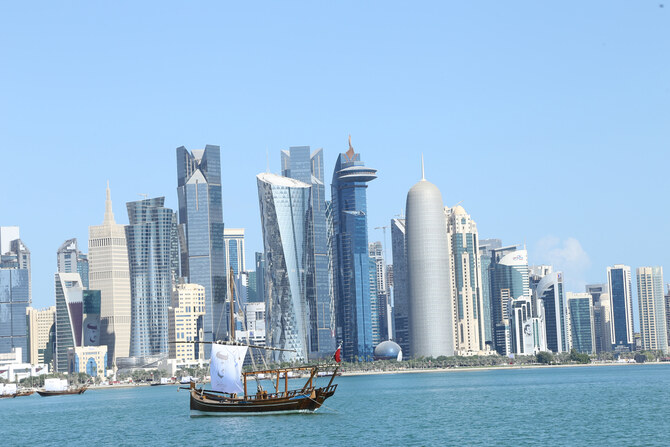The country’s press agency reports that in the second quarter of 2024, Oman’s state revenue decreased by 2% annually to $16.10 billion.
The study stated that this decline, which is mostly the result of lower net gas income and current earnings, is a reflection of the Sultanate’s broader economic changes in response to changing fiscal circumstances.
Oman’s reliance on oil and gas earnings has a significant impact on its economic environment and leaves it open to changes in world prices. The government’s Vision 2040 strategy includes aggressive efforts to diversify the economy and lessen reliance on hydrocarbons.
In order to maintain long-term resilience, this strategic vision seeks to promote economic diversification, stimulate growth in the private sector, and improve social welfare programs, according to the Oman News Agency.
Oman’s oil industry continues to make a significant economic contribution despite the general downturn. The industry’s net revenue rose from $8.46 billion to $8.73 billion in the previous year, a 3% rise.
With a production rate of slightly over a million barrels per day and an average oil price of $82 per barrel, this rise is a testament to Energy Development Oman’s efficient handling of oil income, which guarantees consistent cash flow and financial stability.
Also Read:
US Companies can now Access Saudi Investment Laws, According to the Head of the Business Council



































